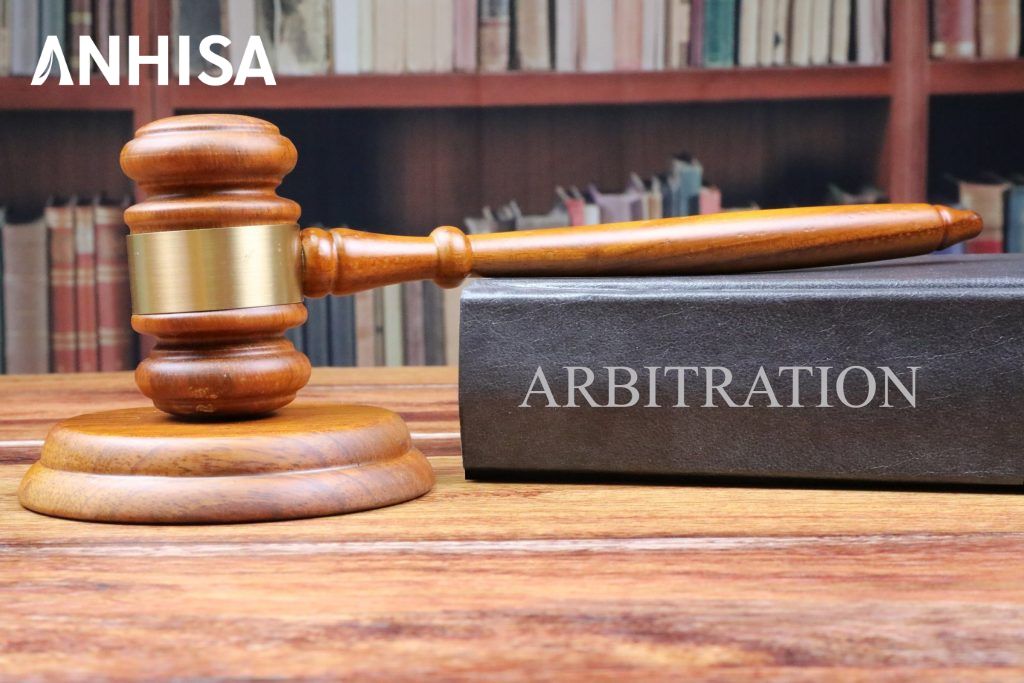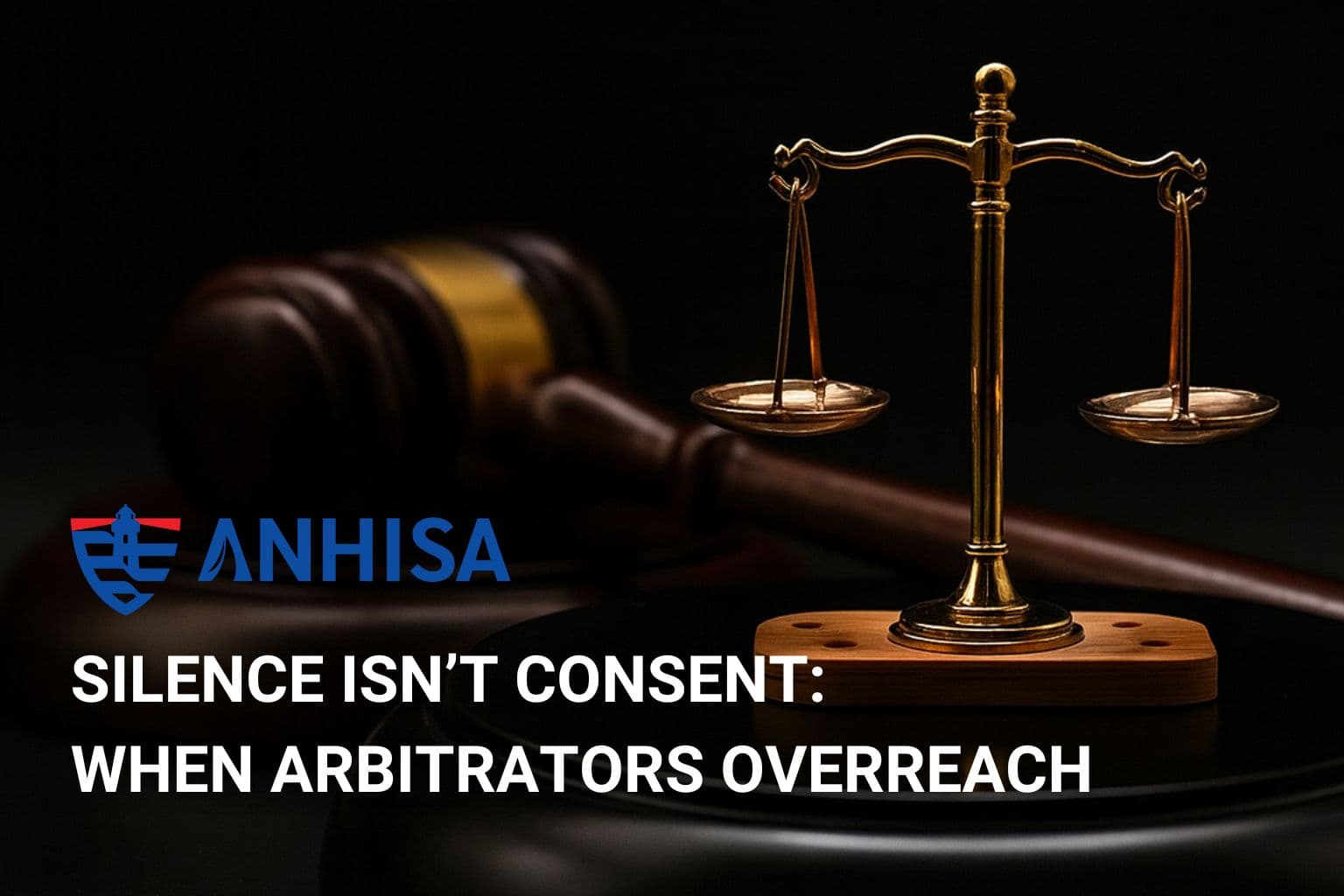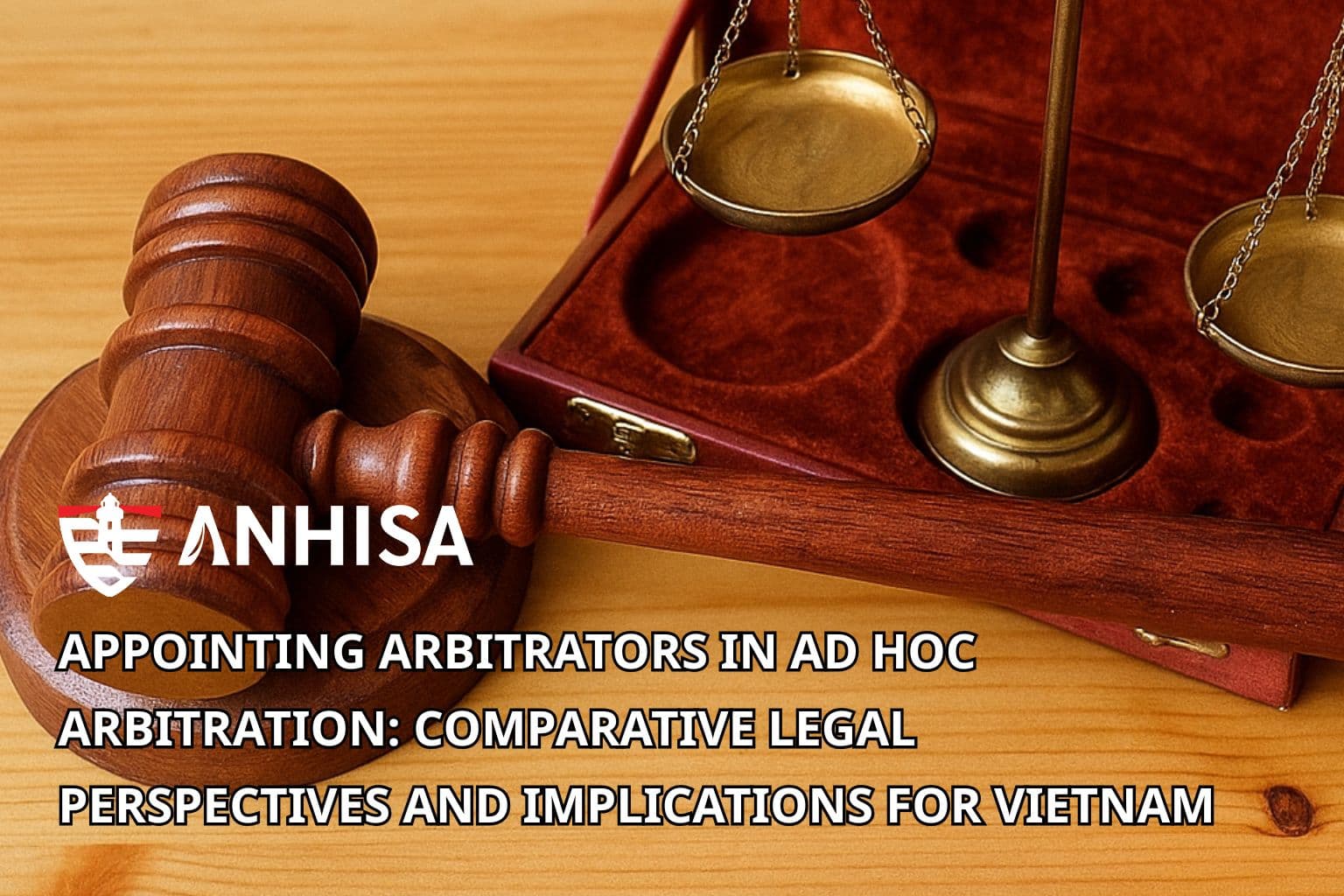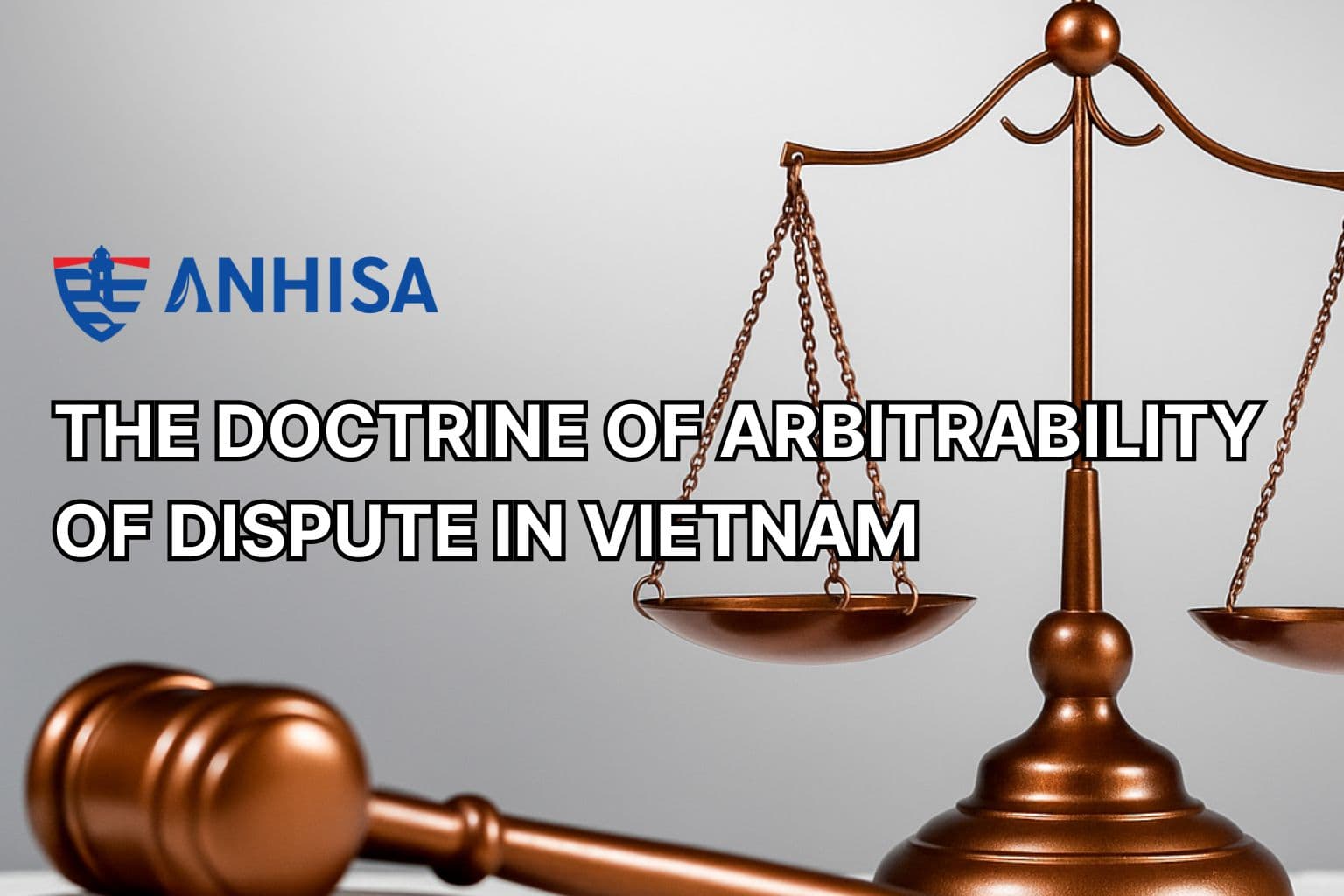[A SERIES OF ARBITRATION NOTES] EPISODE 7 | SIAC NEW RULES FOR 2025 | Security For Cost And Security For Claim
March 13, 2025
Foreword
The 2025 SIAC Rules introduce significant refinements in arbitration procedures, particularly concerning Security for Costs and Security for Claims.
Our analysis delves into these changes, explaining how they alter the tribunal’s powers and the procedural dynamics. By understanding these developments, parties can better navigate arbitration, ensuring that both their financial and procedural interests are safeguarded.
Singapore and London have long been trusted venues for arbitration, renowned for resolving a wide range of cross-border commercial disputes. As a boutique ADR and shipping law firm, we have extensive experience with these arbitration hubs, having engaged with them in numerous cases, including a recent matter in the first two months of 2025, where the lex arbitral was set to SIAC, Singapore. Naturally, the new SIAC Rules of 2025 garnered our attention as we advised our client, particularly regarding the initial thresholds for initiating a case before SIAC and the subsequent orders for Security for Costs and Security for Claims. In this article, we aim to provide our valued readers with an in-depth analysis of some notable aspects of the rules on Security for Costs and Security for Claims as applicable under the 2025 Singapore International Arbitration Centre framework.
To be specific, Security for Costs is meant to secure the recoverable arbitration fee and expenses. This measure ensures that the arbitral award creditor can alleviate the financial burden posed by an opposing party who appears to lack sufficient funds and recover their incurred costs from the award debtor. Meanwhile, Security for Claims is a provisional measure in international arbitration, requiring a party to provide security for the opposing party’s substantive claims or claims’ value at any time during the arbitration procedures. This security can take various appropriate forms with specific quantum determined at the Tribunal’s discretion such as a bank guarantee, a bond, an escrow deposit, or a letter of comfort, etc.
Consequently, Security for Costs is commonly requested by respondents to protect themselves from speculative or unmeritorious claims initiated by financially distressed claimants. Conversely, applications for Security for Claims are typically initiated by claimants, although respondents may also seek this measure if they have lodged counterclaims. The tribunal can order the provision of such security under the authority granted by the relevant arbitration rules unless the parties agree otherwise. Failure to comply with these orders may result in the tribunal dismissing or suspending the claims. Thus, they could be considered interim measures to protect procedural fairness and substantive rights against injustice and arbitration deficiency throughout the proceedings.
Accordingly, a comparison between the SIAC Rules 2016 and the 2025 Rules reveals notable distinctions concerning both the tribunal’s authority and the procedure for issuing an order.
The Tribunal’s Power
Under the SIAC Rules 2016, both types of securities were governed by Rule 27, which provided that the tribunal, unless otherwise agreed by the parties, had the authority to order securities as it deemed appropriate. In contrast, the SIAC Rules 2025 introduced notable changes by regulating these securities under separate provisions rather than consolidating them under Rule 27, despite their similar structure. Under the 2025 Rules, the tribunal can only consider and issue an order for security if a party applies for it. This change indicates a slight restriction on the tribunal’s power and a greater emphasis on the party autonomy principle.
Nonetheless, the tribunal’s power under the new Rules has been further clarified in their orders’ post-issuance stage. According to the new Rules, the Tribunal can now modify or revoke its issued order after considering factors such as a material change in the circumstances of the ordered party, which must be disclosed promptly if any arise. This could be understood that the SIAC tribunal no longer needs to hear the challenges from the ordered party or hold a meeting under the case management conference (“CMC”). Instead, based on the disclosure of material change in the circumstances of the ordered party, they can take into consideration modifying or revoking the order. This can be visioned to save significant time in resolving such initial issues compared to the SIAC Rules 2016, where the other party shall be given adequate opportunity to respond.

For your reference, as per our most recent experience in handling a dispute in Shanghai arbitration the rule over the matter is that the tribunal shall give each party a reasonable opportunity to comment which bears quite a resemblance to SIAC Rules 2016, the security for cost has been processed for exactly 02 months with the background as follows:
- The Respondent filed its Application for an Order for Security for Costs in early October 2024;
- 02 weeks later, the Claimant filed its Opposition to the Application for the Order;
- 01 week after, a CMC was held virtually with the parties and the Tribunal;
- 01 week later, the Claimant submitted its bank account statement and documents showing its cash flow;
- 01 month after that, the Respondent sent an email to the Tribunal with its argument in terms of the documents submitted by the Claimant;
- The tribunal renders its decision of the order after 01 week.
Hence, it could be seen that the processing of an interim order could take a significant amount of time, and SIAC Rules 2025 on securities for costs or claims might elaborate much more efficiently to arbitration, which also aligns with the courts’ support as the enforcement authority.
Additionally, not only the Emergency Arbitrators (“EA”) but also the official tribunal are explicitly empowered to modify or revoke its issued orders under the Rules 2025. In contrast, the 2016 Rules only expressly granted such authority to the official Tribunal, which is bestowed to reconsider, modify, or vacate orders issued by the EA under SIAC Schedule 1 Rule 10, yet the EA could not do that on their own. Obviously, it could take more time to resolve the dispute and degrade the efficiency of arbitration, so its innovation under SIAC Rules 2025 should be recognizable.
The Procedure of Issuing An Order
Respectively, under the SIAC Rules 2016, the tribunal may directly consider and actively engage with the parties to issue an order for security at its discretion when it thinks fit. However, under the revised SIAC Rules 2025, the tribunal will no longer possess such autonomy. Instead, an order for security must first be sought through a party’s application. Upon receiving such an application, the tribunal may then conduct the necessary scrutiny before issuing the order.
Based on the foregoing, the Respondent typically resorts to this measure not only to challenge the Claimant’s speculative or unmeritorious claims but also as a strategic move to uncover the Claimant’s true intentions in pursuing the claim. In some cases, particularly those arising from insurance contracts, the Respondent may seek a tribunal’s order for Security of Costs against the Claimant to determine whether the Claimant initiated arbitration in accordance with procedural requirements or with the genuine intention of following the case to the end.
ANHISA’s Experience
In early 2025, we handled a case where our Client, the Respondent, requested the Tribunal to order Security for Costs from the Claimant, invoking the Tribunal’s undisputed authority and providing rational grounds, namely that the Claimant was in poor financial health. The Claimant had been undergoing a winding-up process, failing to settle outstanding loans, and sought third-party funding to finance their debts, which raised concerns about the fairness of the proceedings.
Regarding the tribunal’s authority, it is clear that the tribunal has the discretion to order security for costs from the Claimant if deemed appropriate. The tribunal is not limited solely to disputes concerning the merits of the case; its authority extends to procedural matters, including those related to arbitration costs. This is because issues surrounding arbitration costs are considered an integral part of the broader dispute being resolved through the arbitration process. The view that an order for security for costs constitutes an interim or provisional measure is widely accepted in international arbitration.
In the case of RSM Production Corporation and others v. Grenada heard by the ICSID arbitral tribunal No. ARB/10/6, the tribunal held that neither Article 47 of the ICSID Convention nor Rule 39 of the ICSID Arbitration Rules 2006 explicitly defined the types of provisional measures that a tribunal may recommend. As a result, and with one exception, the requirement to lodge security for costs would not, as a matter of jurisdiction, exceed the tribunal’s authority. The exception pertains to ensuring that such a measure is directly related to the preservation of the applying party’s rights, which constitutes the sole limitation on the nature of a permissible provisional measure.
Additionally, the tribunal elaborated on the Claimant’s argument by applying the CIArb Guidelines on when security for costs should be ordered, considering two further aspects: (i) the Respondent’s chance of success and (ii) the Claimant’s ability to satisfy the award. The tribunal concluded that the fundamental principles underlying these standards are essentially the same, as they are based on the likelihood of success and the necessity to preserve assets or status. Both the probability of success and the need for asset or status preservation are critical conditions for issuing an order for security for costs, and these should be assessed on a case-by-case basis, taking into account fair and equitable considerations. A key finding of the tribunal was that when obtaining funds from a third party, the fund provider typically makes a business judgment regarding the debtor’s ability to repay. It can be presumed that securing third-party funding indicates the debtor is regarded as having the capacity to meet their repayment obligations. Therefore, it was insufficient to establish the likelihood that the Claimant would be unable to pay potential arbitration costs.

Claimants often turn to third-party funding to pursue arbitration claims. While the existence of such funding may influence a tribunal’s assessment of a security for costs application, it is generally not determinative unless, as emphasized in certain investment treaty decisions, the funding agreement explicitly stipulates that the funder will not be liable for adverse cost orders. In cases where the claimant is impecunious and has no recourse to the funder, this factor may influence the tribunal’s decision.
In another case of ours where we served our Client as the Respondent in a collision dispute against the Claimant in the UK, which shares the same scope of the tribunal’s power and procedure for issuance of such orders[1]. The application was based on the fact that the Claimant was domiciled in a country with no relevant treaty for recognizing and enforcing foreign awards with the Respondent’s country and that the principle of reciprocity between the two parties’ sovereign states had never been executed. As a result, there were legitimate grounds to question whether, in the event of a loss, the Claimant would be able to assist in recognizing and enforcing the award in their country, let alone pay the legal fees. Consequently, we found sufficient grounds to request that the Tribunal issue an order for Security for Costs from the Claimant in this case. This success provided our Client with significant additional time to resolve another relevant case with a favorable outcome, further strengthening our chances of success in the UK proceedings.
Conclusion
Our detailed exploration of the 2025 SIAC Rules highlights the nuanced shifts in how Security for Costs and Security for Claims are handled in arbitration. By dissecting these changes, we have equipped our clients with strategies that ensure a more secure arbitration process, particularly in scenarios involving financially distressed parties or speculative claims. Our insights reflect a commitment to understanding the evolving arbitration landscape and providing tailored solutions that protect our clients’ interests in cross-border disputes.
[1] LCIA Rule 25. Although UK Arbitration Act said the similar with SIAC Rules 2016.
ANHISA LLC AND OUR EXPERTISE
ANHISA LLC is a boutique law firm specializing in Dispute Resolution, Shipping and Aviation. Being the leading lawyers in various fields of law, our qualified, experienced, and supportive team of lawyers know how to best proceed with a case against or in relation to Vietnamese parties and are well equipped to provide clients with cost-effective and innovative solutions to their problems.
Regarding dispute resolution, we have represented Vietnamese and foreign clients in the resolution of disputes involving maritime, construction, commercial and civil matters. Our lawyers are well-equipped to offer services on a wide range of disputes and conflicts, whether cross-border or purely domestic, to appear before any Judges or Arbitral Tribunals. The firm is prepared to assist clients in designing the appropriate dispute resolution procedure to help resolve conflicts as efficiently and cost effectively as possible, which may involve combining elements of mediation and other methods such as arbitration.
AUTHORS
DANG VIET ANH
Managing Partner
Mobile: (+84) 983 467070
Email: [email protected]
NGUYEN THI TUYET MAI
Senior Associate
Mobile: (+84) 939 117398
Email: [email protected]
PHAN MINH PHUONG
Associate
Mobile: (+84) 969 875630
Email: [email protected]
This article aims to furnish our clients and contacts with general information on the relevant topic for reference purposes only, without creating any duty of care on the part of ANHISA. The information presented herein is not intended to serve, nor should it be considered, as a substitute for legal or other professional advice.
Related posts

SILENCE ISN’T CONSENT: WHEN ARBITRATORS OVERREACH
November 27, 2025

APPOINTING ARBITRATORS IN AD HOC ARBITRATION: COMPARATIVE LEGAL PERSPECTIVES AND IMPLICATIONS FOR VIETNAM
October 08, 2025

PARTIES TO AN ARBITRATION AGREEMENT
October 01, 2025

THE DOCTRINE OF ARBITRABILITY OF DISPUTE IN VIETNAM
September 24, 2025
- TEL:
- Hanoi Office: +84 24 320 47609
- Saigon Office: +84 28 5416 5873
- HOTLINE:
- +84 (0) 939 117 398
- +84 (0) 983 488 380

